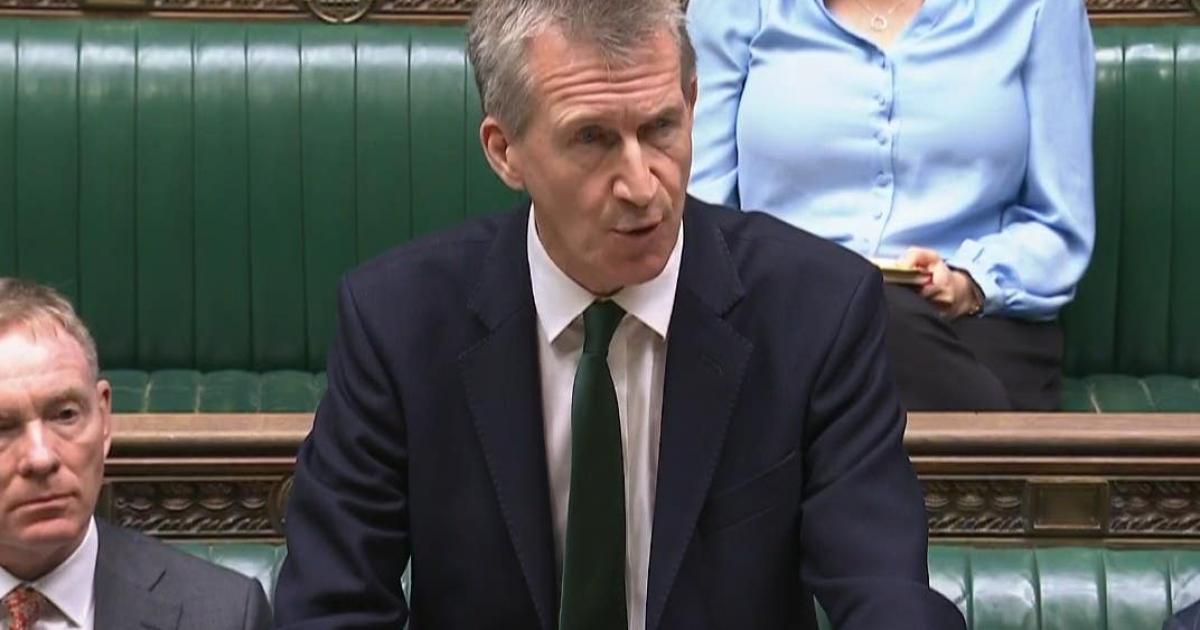The figure is based on the latest population estimates of 54.9 million adults and government survey data showing that 49% of UK adults pay for entertainment and book subscriptions.
With the average person losing around £61 each year to subscriptions they no longer use or forgot to cancel, the waste adds up to £1.64bn annually.
Just back from the shops. This isn’t a cost of living crisis, this is a sucking the life out of you crisis, unless of course you are a billiomaire who doesn’t pay taxes.
My weekly Monday shop for essentials was £94. Normally around £52!
— Lorraine Bell🏴🇨🇦 Extremist (@rainie1410) October 13, 2025
Joe Lytwyn, personal finance expert for credit card company thimbl.com , said: “These numbers are eye-watering for subscriptions that people don’t even use. In a cost-of-living crisis, this is money people simply can’t afford to waste.”
Earlier this year, research from Visa revealed that Gen Z (ages 13-28) spends an average of £305 per month on subscription services. This is three times what Gen X (ages 44-59) spends (£91) and Baby Boomers (ages 61-79), who spend £108. Millennials (ages 29-44) also spend a significant amount, at £261 per month.
Streaming was once sold as the cheaper alternative to satellite or cable TV, but for many families, the combined cost of Netflix, Prime Video and Disney+ now rivals or exceeds traditional TV bundles.
Joe commented: “Streaming is no longer the budget option. When you factor in multiple platforms it’s no wonder many are shocked when they add up what they’re spending each year, it’s the cost of a holiday, a new boiler, or Christmas for the whole family.”
The UK has become a nation of subscription stackers. According to industry data:
- Two-thirds of UK households subscribe to at least one of Netflix, Prime Video or Disney+
- Nearly one in five homes now pay for all three, locking themselves into £500+ a year in streaming alone
- 44% of households now use an ad-tier streaming service, meaning they are both paying and still being served advertising
“What’s striking is that people are not just stacking subscriptions, they’re even paying to watch ads,” Joe said. “The industry has cleverly normalised spending that, a few years ago, would have seemed outrageous. For many, it’s become the default to sign up and forget about it, without ever questioning whether it’s still good value.”
The problem isn’t just over-enthusiastic binge-watchers. According to Citizens’ Advice , so-called “dark patterns”, such as free trials that auto-renew without clear warning, cost UK consumers £688m in 2023–24.
Joe explained: “It’s not just our own forgetfulness; it’s the way some subscription services are designed. A free trial is rarely free. Companies rely on people forgetting to cancel, and they make the cancellation process deliberately fiddly. This isn’t consumer choice, it’s a trap.”
Recommended reading:
British gas boiler warning as colder temperatures loom across UK
3 best houseplants to combat mould and condensation inside your home in winter
Costa Coffee lattes, cappuccinos and flat whites £1 in Co-op deal, but be quick
thimbl.com says that part of the problem is cultural. Subscription spending has crept into every corner of modern life, from streaming and music to recipe boxes, fitness apps, pet food deliveries and even household essentials.
“Ten years ago, a subscription meant your phone contract and maybe Netflix,” Joe added.
“Now, we’ve normalised subscribing to everything, it feels easier to ‘set and forget’ than to shop around.
“But what starts as £7.99 here and £10.99 there soon adds up to hundreds of pounds a year.”


